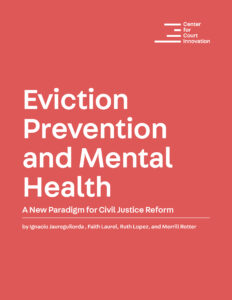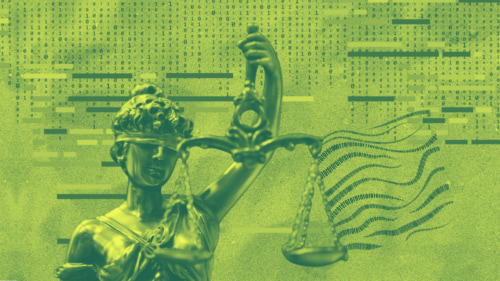-
Faith Laurel
-
Ignacio Jaureguilorda

Ignacio Jaureguilorda
-
Merrill Rotter
-
Ruth Lopez
Eviction is a significant cause of stress and housing instability that can lead to homelessness, poor health and behavioral health, and even institutionalization, making housing courts nearly as high stakes a legal venue as criminal courts.
While eviction is a universally stressful event, people with mental health conditions can face unique obstacles with housing retention for reasons related specifically to their disability. This paper provides a review of housing settings and specific risks of eviction for individuals with mental illness before focusing on housing court and the challenges these individuals and court personnel face therein. Finally, we introduce the Eviction Intervention Stage Model, which identifies junctures at which supportive, problem-solving interventions can ensure the necessary community supports and legal representation. We believe that integrating these procedural protections and problem-solving interventions across the eviction process continuum, including but not limited to housing court, will support people with mental health conditions in retaining stable housing.


